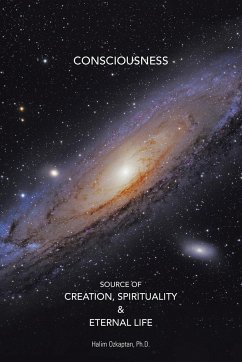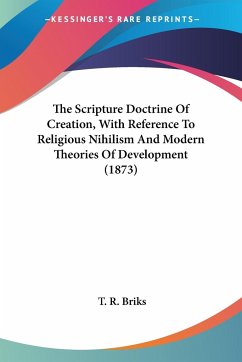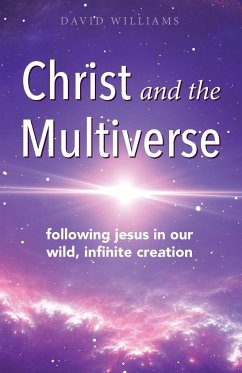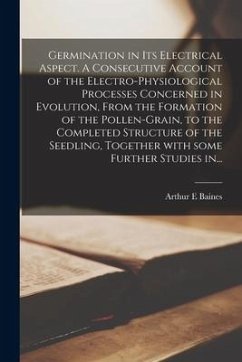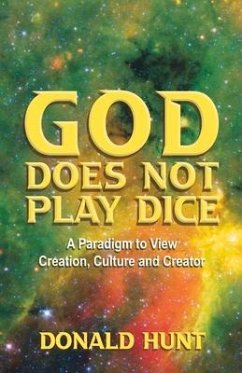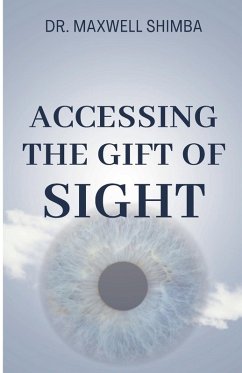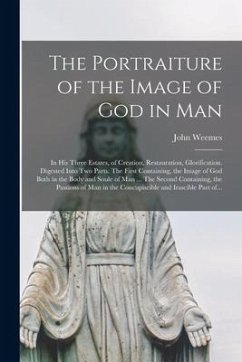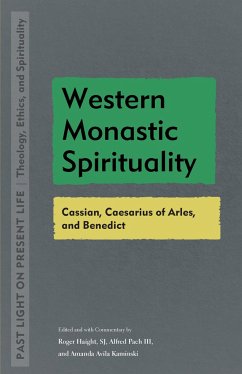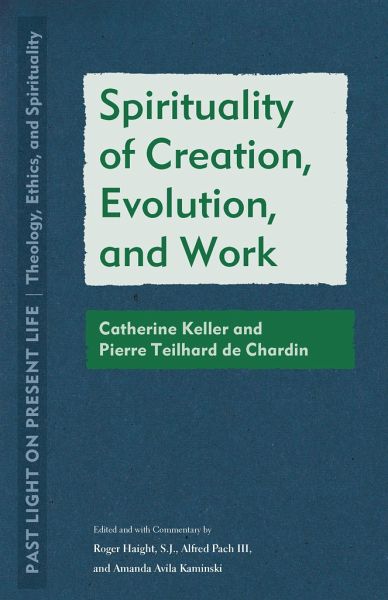
Spirituality of Creation, Evolution, and Work
Catherine Keller and Pierre Teilhard de Chardin
Herausgeber: Haight, Roger; Kaminski, Amanda Avila; Pach, Alfred
Versandkostenfrei!
Versandfertig in über 4 Wochen
11,99 €
inkl. MwSt.

PAYBACK Punkte
6 °P sammeln!
"Two developments that occurred over the course of the nineteenth century had a strong impact on Christian theology: the first was a deepening of the implications of historical consciousness and the second was the impact of science on Christian self-understanding. Marx's sociology of knowledge symbolizes the first; Darwin's analysis of evolution the second. These intellectual developments gave rise to various forms of process philosophy and theology. Within this context, a dialogue between Christian theology and evolution has yielded dramatically new convictions and practices in Christian spir...
"Two developments that occurred over the course of the nineteenth century had a strong impact on Christian theology: the first was a deepening of the implications of historical consciousness and the second was the impact of science on Christian self-understanding. Marx's sociology of knowledge symbolizes the first; Darwin's analysis of evolution the second. These intellectual developments gave rise to various forms of process philosophy and theology. Within this context, a dialogue between Christian theology and evolution has yielded dramatically new convictions and practices in Christian spirituality, especially relative to ecology. For over three decades Catherine Keller has been reflecting on the intellectual and practical effects that an internalization of the dynamic character of reality should have upon the practice of Christian life. Her text illustrates the basic framework of dynamic becoming that science demands, whether or not one is formally a process thinker. Pierre Teilhard de Chardin was an earlier figure who was more zeroed in on the phenomenon of evolution which he encountered in a distinct way as a Christian scientist trained in geology and paleontology, as distinct from biology or genetics. Evolution explicitly informs his spirituality. These two different Christian writers, the one representing the imaginative framework of being as process and becoming, the other focused on how evolution affects intentional spiritual life, open new perspectives on the spiritual character of people's active lives of work and creativity in the world that science presents to us"--



